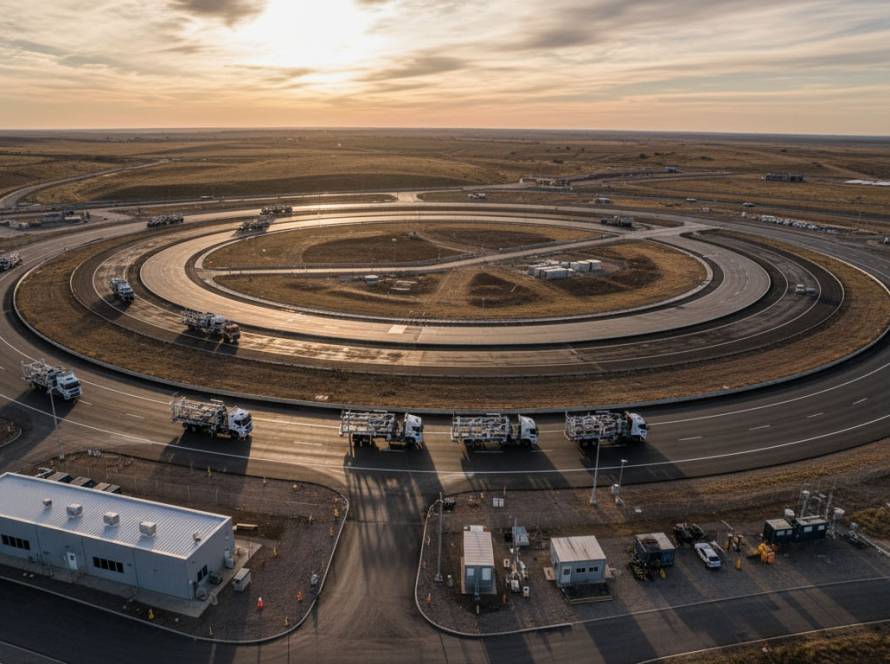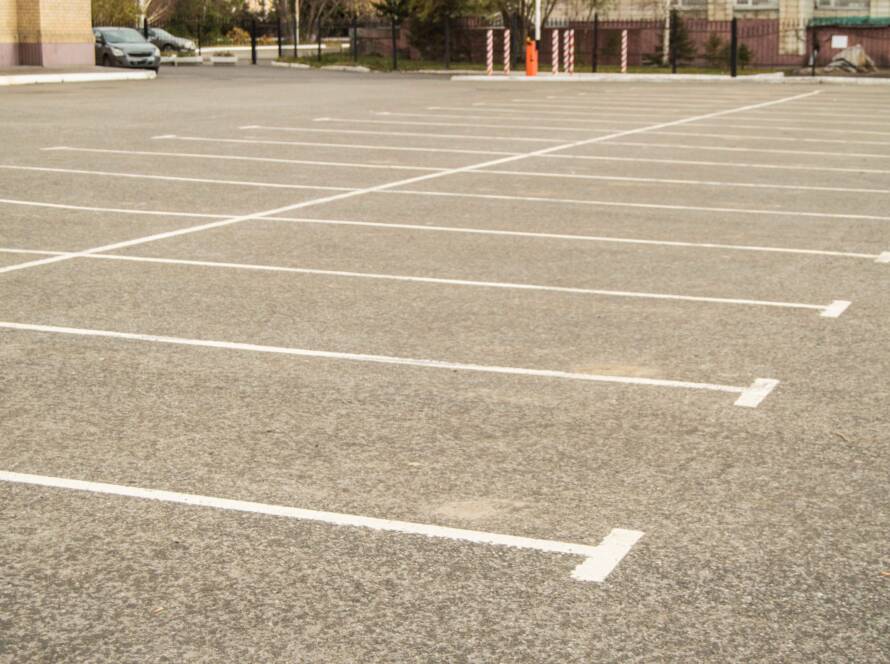Across the UK, flooding and surface water issues are becoming a growing concern — especially in urban areas where hard, impermeable surfaces dominate. Traditional road surfacing materials, while durable, often fail to manage heavy rainfall effectively. That’s where permeable road surfaces come in. These advanced surfacing systems are designed to allow water to drain through the surface rather than pool on top, making them a cornerstone of modern, sustainable infrastructure.
Why Permeable Road Surfaces Matter
Heavy rainfall and flash flooding have become increasingly common across the UK, particularly in regions like Hertfordshire, Essex, and London. When traditional roads and driveways can’t absorb rainwater, it leads to standing water, surface degradation, and even costly flood damage.
Permeable road surfaces help combat this by using porous materials that allow rainwater to filter through into the ground below. This not only reduces surface flooding but also helps replenish groundwater and supports natural drainage systems.
In short — they’re an eco-friendly, practical, and long-term solution for communities looking to future-proof their infrastructure.
How Permeable Road Surfaces Work
Permeable surfacing systems are built using porous materials such as open-graded tarmac, permeable asphalt, or resin-bound aggregates. These materials contain small gaps or voids that enable water to pass through freely into a specially designed sub-base.
The sub-base — typically made of graded stone or gravel — temporarily stores the water before slowly releasing it into the surrounding soil or drainage channels. This controlled process significantly reduces the risk of sudden runoff or localised flooding.
The result? Safer, longer-lasting, and more sustainable road surfaces that perform well even under extreme weather conditions.
The Environmental Benefits of Permeable Surfacing
Permeable road surfaces play a key role in supporting Sustainable Urban Drainage Systems (SUDS) — a concept that focuses on managing rainfall close to where it falls rather than relying solely on traditional drains. By mimicking natural water cycles, SUDS-compliant permeable roads offer multiple environmental benefits:
- 🌿 Reduced Flooding: By allowing water to infiltrate through the surface, permeable materials reduce the pressure on public drainage systems.
- 💧 Improved Water Quality: As water filters through the surface and sub-base layers, it is naturally cleansed of pollutants before re-entering the water table.
- 🌱 Eco-Friendly Design: Less standing water means fewer maintenance issues, less erosion, and reduced carbon emissions from repair work.
This makes permeable surfacing an ideal choice for commercial car parks, residential developments, and urban regeneration projects where sustainability is a top priority.
Types of Permeable Road Surfaces
Several different materials and methods can be used to create permeable surfaces, each suited to specific project types:
1. Porous Asphalt
A specially formulated asphalt that contains interconnected voids, allowing water to drain directly through. It’s a popular choice for highways and car parks where durability and load-bearing strength are essential.
2. Open-Graded Tarmac
Open-graded tarmac uses larger aggregate particles to create space for water to pass through. It’s especially effective for driveways and private access roads, offering both performance and a clean finish.
3. Resin-Bound Surfacing
For a more decorative yet functional solution, resin-bound driveways provide excellent permeability and an attractive appearance. Resin-bound systems use natural stone aggregates bound with a high-quality resin that creates a smooth, porous surface ideal for residential and commercial spaces.
Permeable Surfacing for UK Environments
In regions like Hertfordshire, Essex, and London, where mixed weather and urbanisation often strain existing drainage systems, permeable road surfaces are a game changer. Local councils and developers increasingly favour SUDS-compliant installations to meet planning requirements and reduce environmental impact.
Beyond public roads, permeable surfacing is also transforming driveways, footpaths, and car parks, offering homeowners and businesses the chance to invest in both practicality and sustainability.
Long-Term Cost Benefits
While the initial installation cost of permeable surfacing can be slightly higher than traditional materials, the long-term savings are substantial. Here’s why:
- Less Flood Damage: Reduces the risk of water pooling and subsequent surface erosion.
- Lower Maintenance Costs: Surfaces dry quickly and resist cracking or potholing.
- Extended Lifespan: Water permeability reduces freeze-thaw damage, one of the main causes of surface deterioration in UK winters.
By investing in quality tarmac installation or resin-bound surfacing, property owners save on future repair and replacement costs — while also contributing to a more resilient infrastructure network.
Applications of Permeable Road Surfacing
Permeable materials can be applied to a wide range of projects, including:
- Residential driveways and patios
- Commercial car parks
- Private estate roads
- Pathways and cycle routes
- Public squares and pedestrian zones
Every application not only enhances drainage efficiency but also elevates the overall look and usability of the surface.
Partnering with the Experts
When it comes to installing permeable road surfaces, expertise and precision are everything. At Total Surfacing Solutions, our team specialises in delivering high-quality tarmac and resin surfacing that meets SUDS standards and performs exceptionally under UK conditions.
We handle every stage — from surface preparation to final installation — ensuring your project is both durable and environmentally compliant.
Whether you need a flood-resistant car park, a new resin-bound driveway, or a commercial surfacing project, we provide tailored solutions for every need and budget.
👉 Explore our full range of services: Resin Driveways
👉 Get a free, no-obligation quote today: Request a Quote
Conclusion
As climate patterns shift and rainfall intensifies, permeable road surfaces have become a vital component of sustainable, flood-resistant infrastructure. By improving drainage, reducing maintenance costs, and supporting eco-friendly development, these systems help build safer, cleaner, and more resilient communities across the UK.
When it’s time to upgrade your surface, choose a solution that works with the environment — not against it.
Total Surfacing Solutions is here to help you achieve that balance with expert installation, premium materials, and lasting results.


